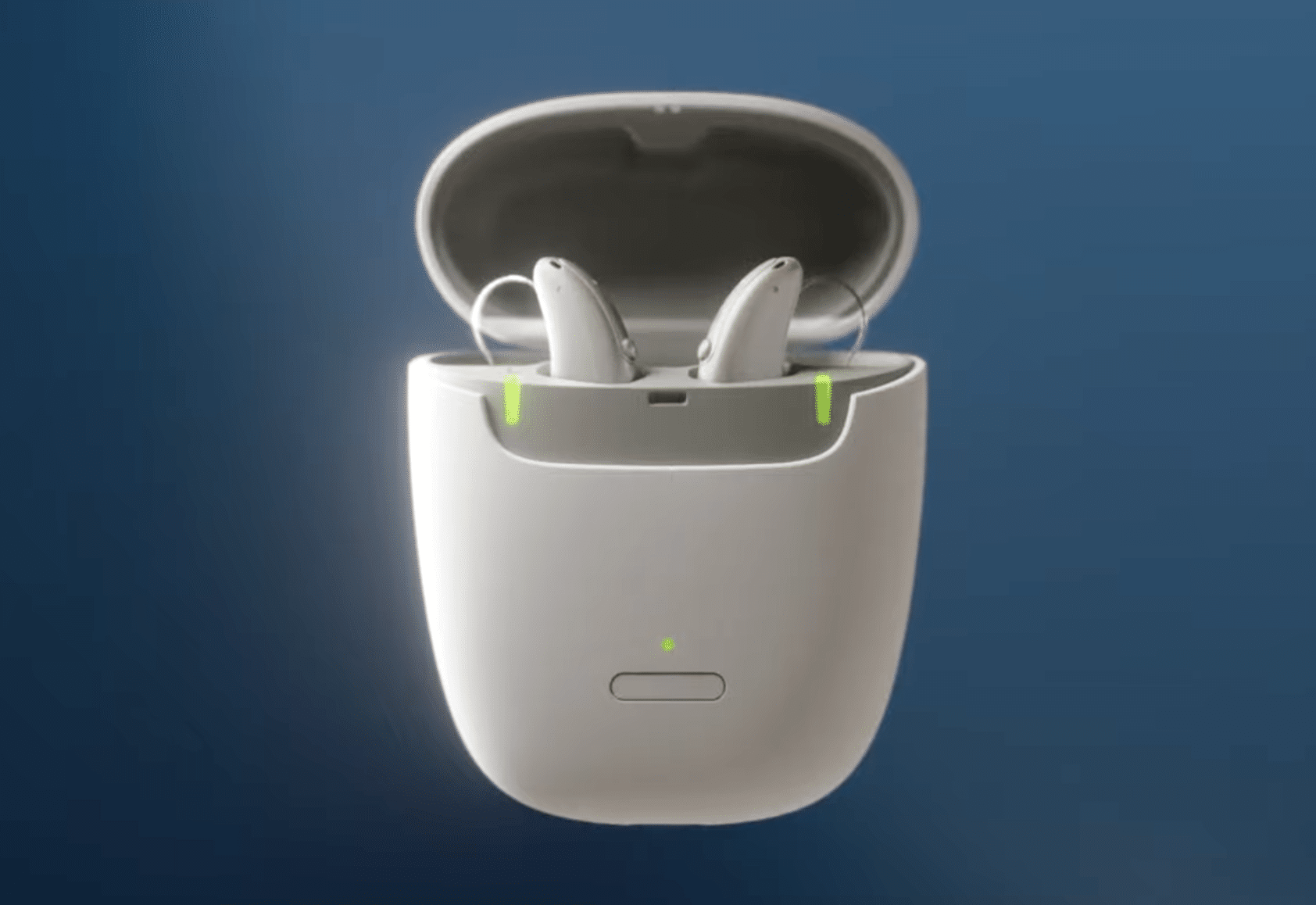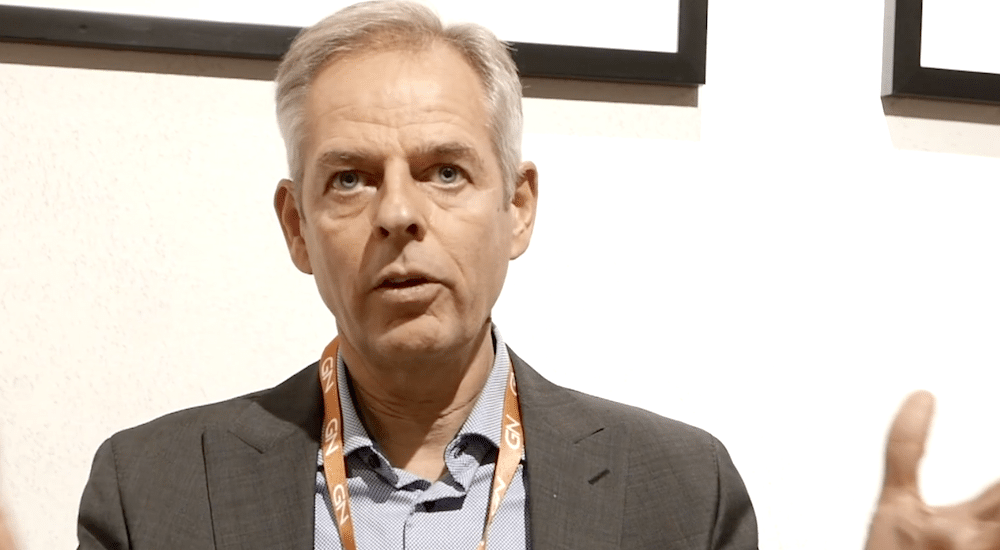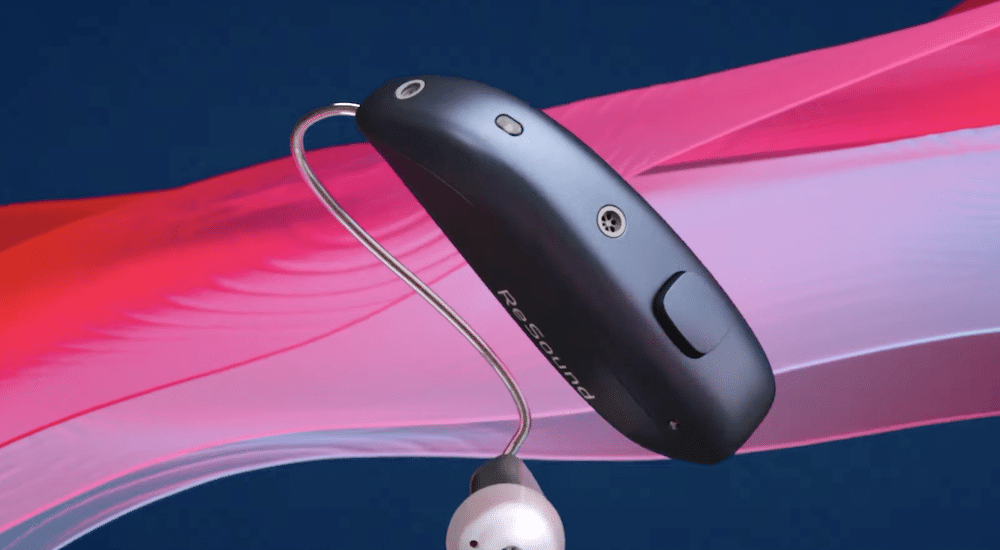MED-EL to showcase OTOPLAN and RONDO 2 at Ci2018
MED-EL will showcase two new technologies at this year’s Ci2018 conference: OTOPLAN, a cutting-edge surgical planning software for otological procedures; and RONDO 2, the world’s first audio processor with wireless charging.
The company will also present its commitment to delivering individualized cochlear implant solutions – the next step in the evolution of hearing implants.
“With many years of research behind them, OTOPLAN and RONDO 2 are pushing the boundaries in hearing technology, and we are proud to bring such innovation to the market,” says David Rätz, Director of Product Management for MED-EL. “We are also excited to present what, we strongly believe, is the next step in the evolution of cochlear implant technology – individualization of cochlear implant systems. This approach fits the implant to the patient, and not vice versa, tailoring the device to each patient’s anatomy and needs, ensuring each patient reaches their best possible hearing.”
OTOPLAN
In partnership with CAScination AG, specialists in surgical navigation and robotic solutions, MED-EL has developed a revolutionary otological surgical planning software – OTOPLAN. The surgical planning tool enables otologic surgeons to map a patient’s exact anatomy, before making their first incision. With OTOPLAN it is possible to quickly generate patient-specific, 3D reconstruction from medical images, and easily picture each patient’s unique anatomy. In the case of CI surgery, OTOPLAN assists surgeons to visualize the optimal CI electrode array from MED-EL’s comprehensive electrode portfolio, to address each patient’s individual anatomy.
“OTOPLAN is the result of several years of collaboration with CAScination to develop the next generation of surgery planning tools. Giving surgeons the ability to map each single case clearly in 3D allows key surgical decisions to made, ensuring the best possible outcome way ahead of the surgery itself,” says David Rätz.
RONDO 2
RONDO 2 frees implant users from the need to regularly replace batteries in their audio processors. The new design makes the device easy to use, more cost effective, and is friendlier for the environment.
“We are so used to charging our mobile devices wirelessly at home overnight, so why not charge your audio processor in the same convenient way?” says David Rätz. “It’s the next logical step for cochlear implant systems and we are so excited to be pioneering the way forward.”
Wireless charging allows users to power their implant system with 18-hours of battery life for each four-hour charge, giving users a full day of hearing from one overnight charge. It also saves users from the hassle of using and replacing disposable batteries, and therefore helps to protect the environment.
Individualized CI
The evolution of CI has three dimensions – technology, nature, and individualization. The basis for any CI is technology; all implants depend on signal processing, electrode technology, power consumption, and MRI compatibility to be functional. Two decades ago MED-EL added a second focus, nature. Mirroring and utilizing natural hearing led to concepts such as hearing preservation, combined electric-acoustic stimulation (EAS), FineHearing and complete cochlear coverage. The result was improved speech understanding and a more natural sound quality – the closest thing to natural hearing.
Today MED‐EL is pursuing a new chapter in CI: individualization. The aim is to tailor the CI to an individual’s anatomy and condition, meaning the implant fits to the patient rather than a ‘one-size-fits-all’ approach where the patient needs to adapt to their implant. MED‐EL has always followed the philosophy that patients need to be considered individually. With new technologies available, or on the horizon, this philosophy can be carried forward to pursue the individualized CI.



